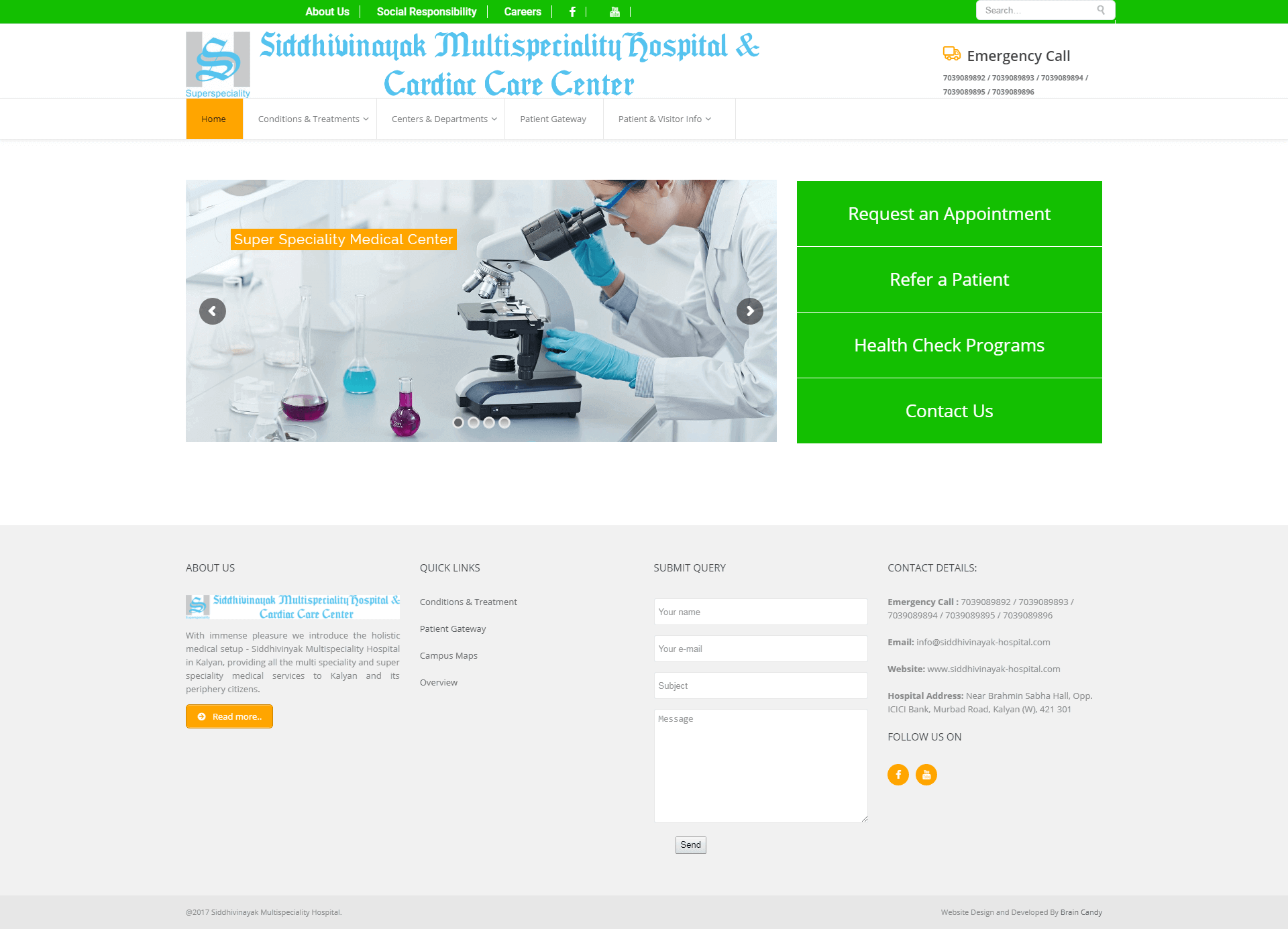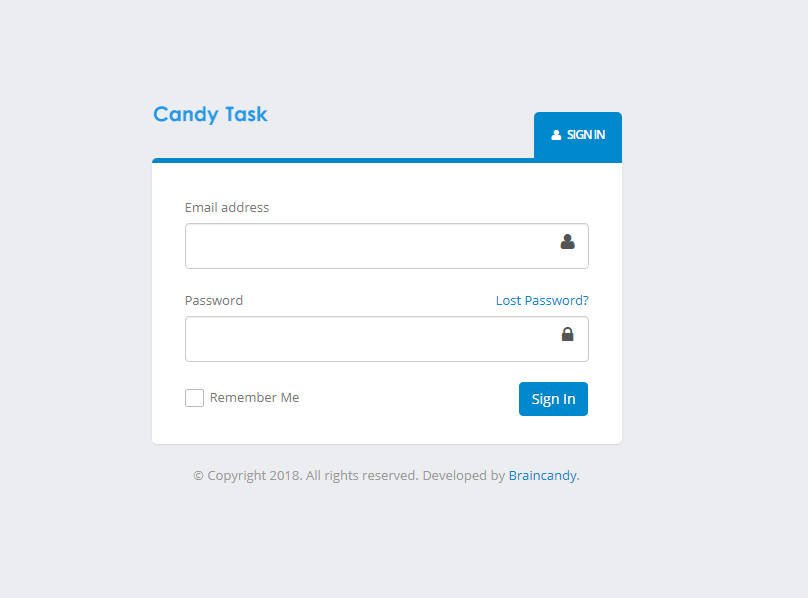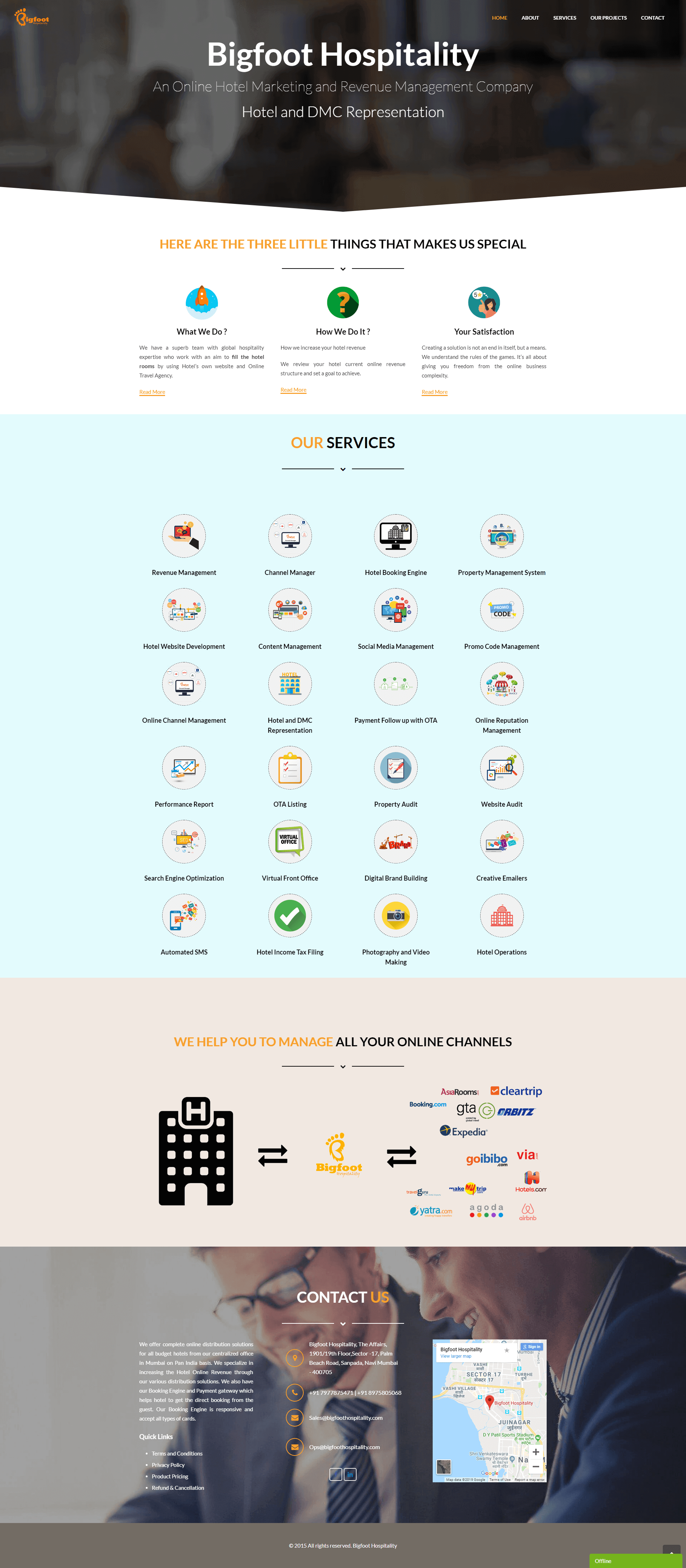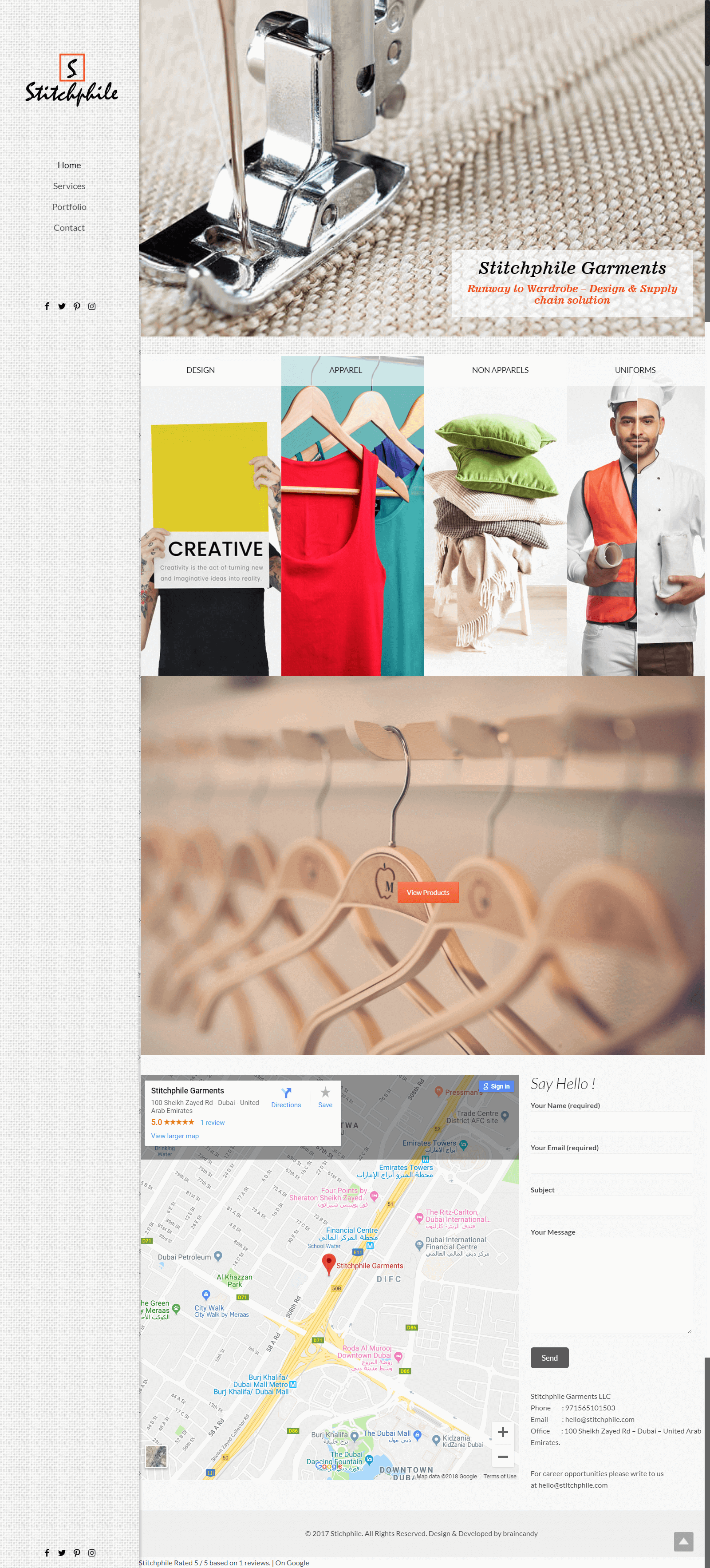- BY braincandy
- POSTED IN Website Design & Development
- WITH 0 COMMENTS
- PERMALINK
- STANDARD POST TYPE
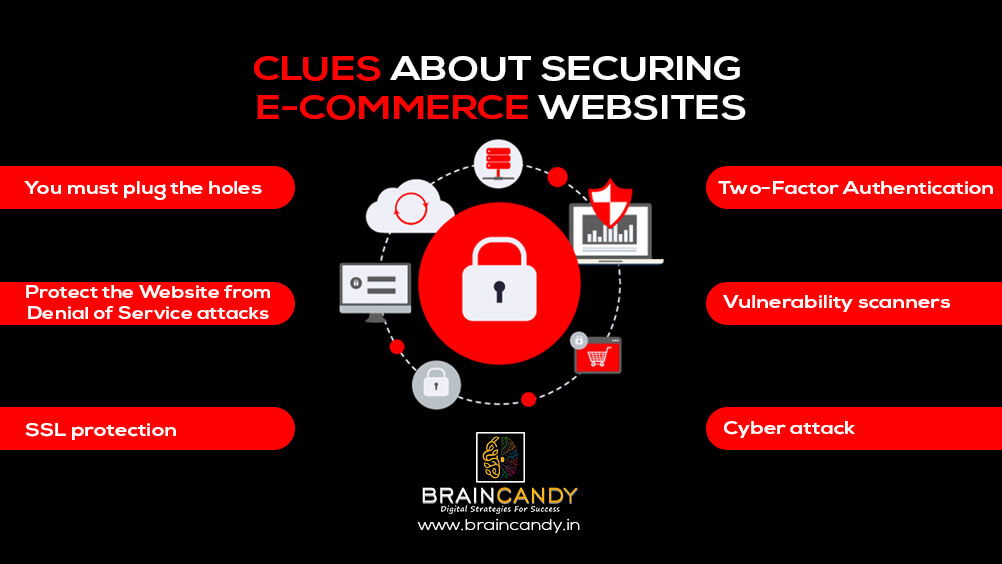

In today’s economy, most of the transactions are done over the internet. From banking to commerce and from grant donation to retail marketing, everything is taking place in the virtual media empowered by gadgets and connectivity, the consequence being, floating of huge data in the net atmosphere which are very vulnerable to interception. The security breach is very common now over the internet because hackers are very shrewd and do not let slip any opportunity to steal the information about a person or a firm and leverage it to steal more information or other amenities & resources. This is the greatest threat to the ecommerce domain. Now even the ecommerce giants are wary and scared of being hijacked by web intruders. With such a dreadful ambience over the ecommerce sector, now not even small start-ups are being spared by the cyber criminals. To give protection to the ecommerce websites during a security breach one must make it cover up with an impregnable anti-heist shield. Network administrators, web developers and website owners must make serious efforts and protocol detailing to secure the privacy of the websites as well as of their customers for such times.
Some of the important steps for securing ecommerce websites are as follows
1. You must plug the holes – There are always two great holes in every website. One is SQL. SQL generally make queries about the website through reports which could be used be the hackers to inject harmful programs. Another one is cross site scripting or XSS. With XSS when the scripting is done between linked website hackers could easily intercept the data and intrude the customer or the website or even both. To make it safe you must be extra caution while open SQL reports or performing XSS. Preferably these activities should be done in jacketed virtual spaces or safe window.
2. Protect the website from Denial of Service attacks – Denial of Service attack means the hacker will force a program into the ecommerce site which will deny the providence of goods & services catered by the commercial entity. This will overflow the site with traffic and finally crash it down. This affects both credibility and revenue of the site. To fight down this attack the site owner must make security certifications at its date gateway.
3. SSL protection – The most foolproof plan to protect the ecommerce website is to protect it with SSL certificate, that way an external vigilance will be always there at your site’s gateway and will have a line cut off switch in case of any security breach.
4. Two-Factor Authentication – To protect the information about the customers or the admins their individual profiles must be made password protected. But nowadays just passkey or OTP is not enough because passkey-breakers and mobile hacking is quite frequent. So by putting both the factors simultaneously, authenticating a person’s identity will be sounder and is the best way to protect his/her privacy.
5. Vulnerability scanners – BY installing an anti hacking protocol and loophole detector, the vulnerability of the ecommerce website could be checked. Through regular scanning of the website, you can be assured of any impending cyber attack or predict any breach in near future and make preparation for protection details to either avert it or subdue it.

